Effect of Deforestation On Earth
Nature WorldWide March 31, 2024 0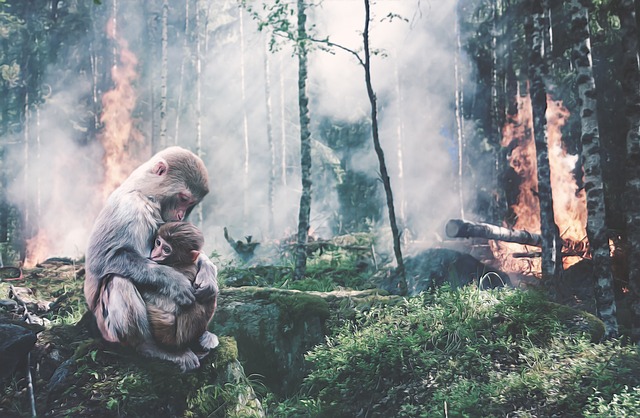
In the vast tapestry of our planet’s ecosystems, every tree plays a vital role, contributing to the harmony of life on Earth. Yet, amidst the beauty of our forests lies a silent crisis – deforestation. Beyond the visible loss of trees, the repercussions of deforestation ripple far and wide, impacting our environment, biodiversity, climate, and even humanity itself. In this discourse, we delve into the profound Effect of Deforestation On Earth, illuminating the urgent need for action and preservation.
1. Loss of Biodiversity:
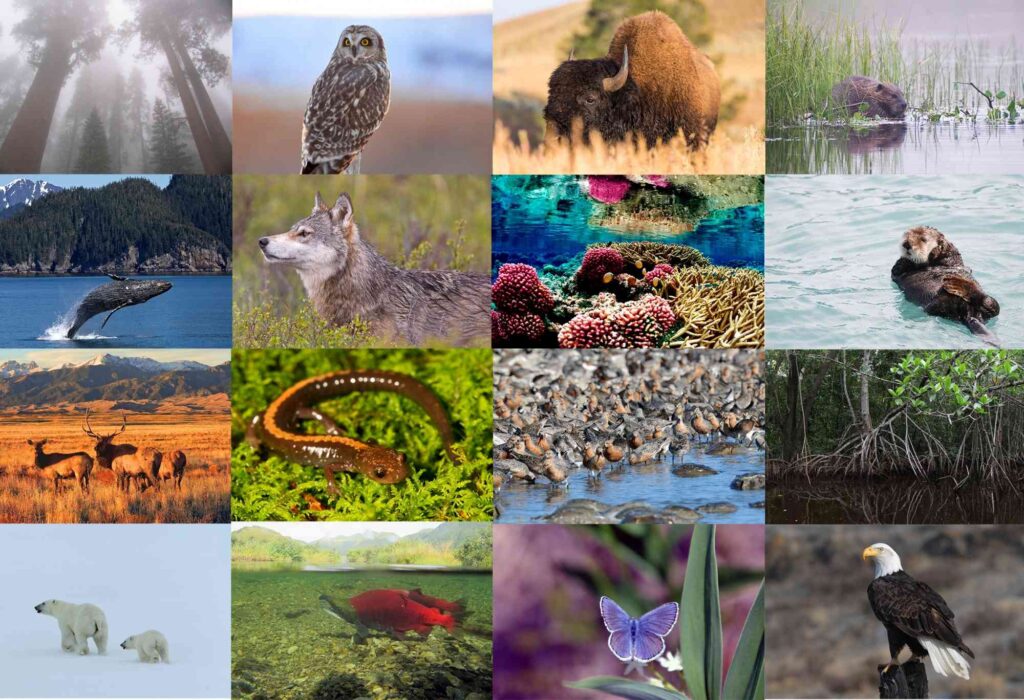
Forests are not mere collections of trees; they are biodiversity hotspots, teeming with life forms from microscopic organisms to majestic wildlife. Deforestation disrupts this delicate balance, leading to the loss of habitat for countless species. Many plants and animals, including endangered ones, rely on forests for survival. With each tree felled, a chain reaction of extinction risks unfolds, threatening the intricate web of life that sustains our planet.
Read More: Effect Of Climate Change On Earth
2. Climate Change:
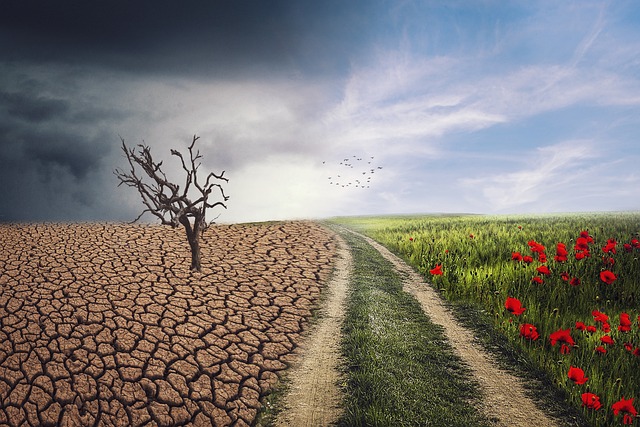
Forests act as carbon sinks, absorbing carbon dioxide from the atmosphere and mitigating the impacts of Climate Change. When trees are cut down or burned, this stored carbon is released, exacerbating global warming. Deforestation is a significant contributor to greenhouse gas emissions, fueling climate instability, rising temperatures, and extreme weather events. The loss of forests not only intensifies climate change but also diminishes our ability to combat it effectively.
Read More: Importance of Earth For Human Being
3. Soil Degradation:
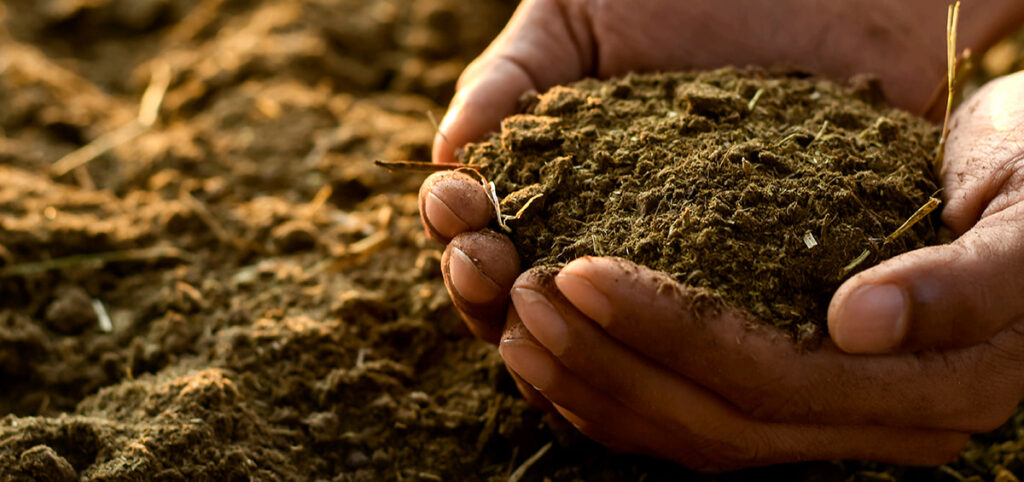
Trees play a crucial role in maintaining soil health and preventing erosion. Their roots anchor the soil, preventing it from washing away during heavy rains or winds. Without this natural protection, soil degradation occurs, leading to nutrient depletion, desertification, and decreased agricultural productivity. Deforestation strips away the Earth’s natural defenses, leaving barren landscapes in its wake and jeopardizing food security for communities worldwide.
Read More: How to Participate in Earth Conservation
4. Disruption of Water Cycles:

Forests play a vital role in regulating the Water Cycle, influencing rainfall patterns, and maintaining freshwater sources. The transpiration process, whereby trees release water vapor into the atmosphere, contributes to cloud formation and precipitation. Deforestation disrupts this cycle, leading to decreased rainfall, altered weather patterns, and the drying up of rivers and streams. The consequences extend beyond environmental impact, affecting communities reliant on these water sources for drinking, agriculture, and industry.
Read More: The Remarkable Gifts Rainforests Bestow upon Humanity
5. Socioeconomic Impacts:
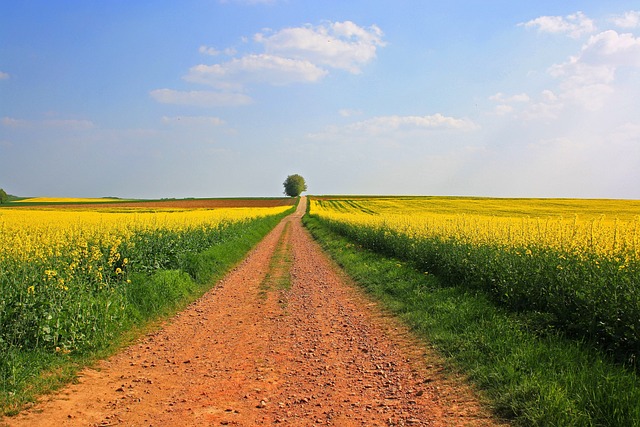
The effects of deforestation reverberate across social and economic spheres, disproportionately impacting marginalized communities and indigenous peoples who depend on forests for their livelihoods and cultural heritage. Deforestation often accompanies unsustainable logging, agricultural expansion, and infrastructure development, leading to land grabs, displacement, and conflicts over resources. Furthermore, the loss of ecosystem services provided by forests undermines sustainable development efforts, perpetuating cycles of poverty and environmental degradation.
Read More: Types Of Forests In The World
Conclusion:
Deforestation is not merely the loss of trees; it is the unraveling of the intricate fabric of life on Earth. Its effects extend far beyond the boundaries of forests, shaping the very essence of our planet’s ecosystems, climate, and societies. To safeguard our future and that of generations to come, concerted efforts are needed to address the root causes of deforestation, promote sustainable land management practices, and preserve the invaluable treasures of our forests. Together, let us embark on a journey of conservation and restoration, embracing the profound interconnectedness of all life on Earth.




